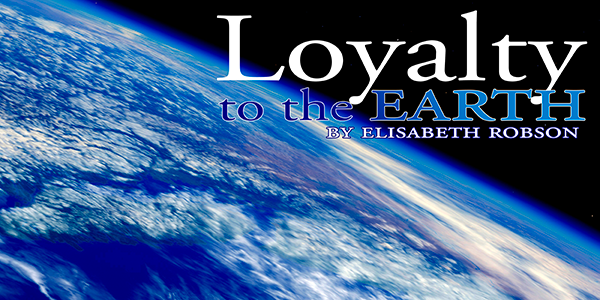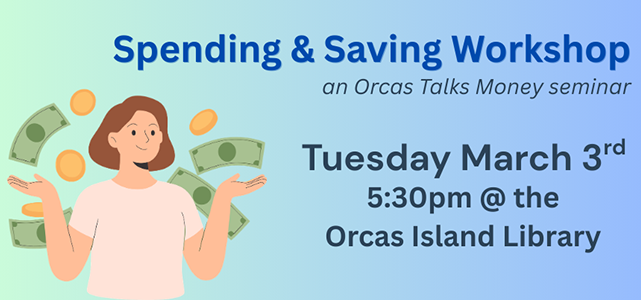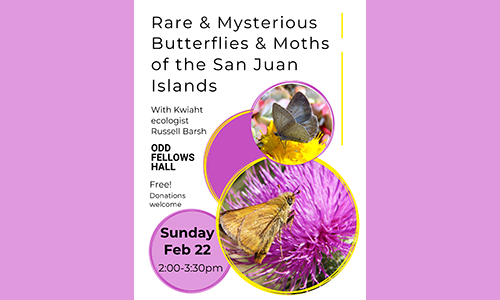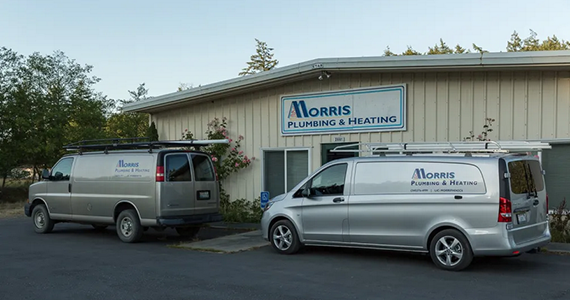“One of the penalties of an ecological education is that one lives alone in a world of wounds.” — Aldo Leopold, author of Sand County Almanac
||| LOYALTY TO THE EARTH by ELISABETH ROBSON |||
Loyalty, in its truest form, is a bond of devotion. It is not abstract; it is visceral, rooted in the body, in the land beneath our feet, in the breath shared between species. To claim loyalty to the natural world is to recognize that we are not separate from it, nor above it, but of it. It is to reject the human-made illusion that we owe our allegiance to economies, to flags, to the machinery of destruction that calls itself industrial civilization.
Loyalty to the living world means standing with it, not as a passive admirer, but as a lover, a defender, an accomplice, a voice raised in outrage when her waters are poisoned, her forests felled, her wild ones crushed under the weight of human expansion.
It is hearing the cry of a displaced owl; the silence where a songbird should be; the trees lying broken beside the road, felled for power lines; the absence of wildflowers in a bulldozed meadow; and knowing—deep in our bones—that these losses matter more than the latest stock market drop or political scandal.
This loyalty is not easy. It demands grief, because to love a dying world is to mourn every day. It demands rage, because those in power will not stop their killing unless they are made to stop. And it demands action, because loyalty without action is betrayal.
When we are loyal to a loved one, we make an effort to understand what it is like to be them. “How do you feel?” we ask. “What do you think?” And then we listen closely to our loved one’s answer.
We must learn how to do the same with the natural world. We must ask “What is it like to be you?” and really listen to the answer. Not just pretend to listen; not just hear what we want to hear so we can do what we want with the tree, the plant, the animal, the river, the soil. If we are loyal to the natural world, we must make an honest effort. And if we truly love the natural world, we must do something real with what we learn. Not platitudes, but action to defend our beloved.
The wild ones tell us what they need, if we listen, truly listen. The salmon need cold, undammed waters. The forests need fire and time. The soil needs to be left alone to breathe. And they need us—not as conquerors, not as abusers, not as distant sympathizers, but as kin.
To be loyal to the natural world is to choose a different kind of belonging, a relationship that is so old and so deep most of us have forgotten how. It is to understand that when the earth is ravaged, we are not mere witnesses to a tragedy—we are either complicit in the crime, or we are fighting to stop it.
Once we place our loyalty with the natural world, all our decisions become easy. The answer to any decision becomes the answer to this question: how does this help the natural world? And if it does not, then the answer is no.
**If you are reading theOrcasonian for free, thank your fellow islanders. If you would like to support theOrcasonian CLICK HERE to set your modestly-priced, voluntary subscription. Otherwise, no worries; we’re happy to share with you.**








